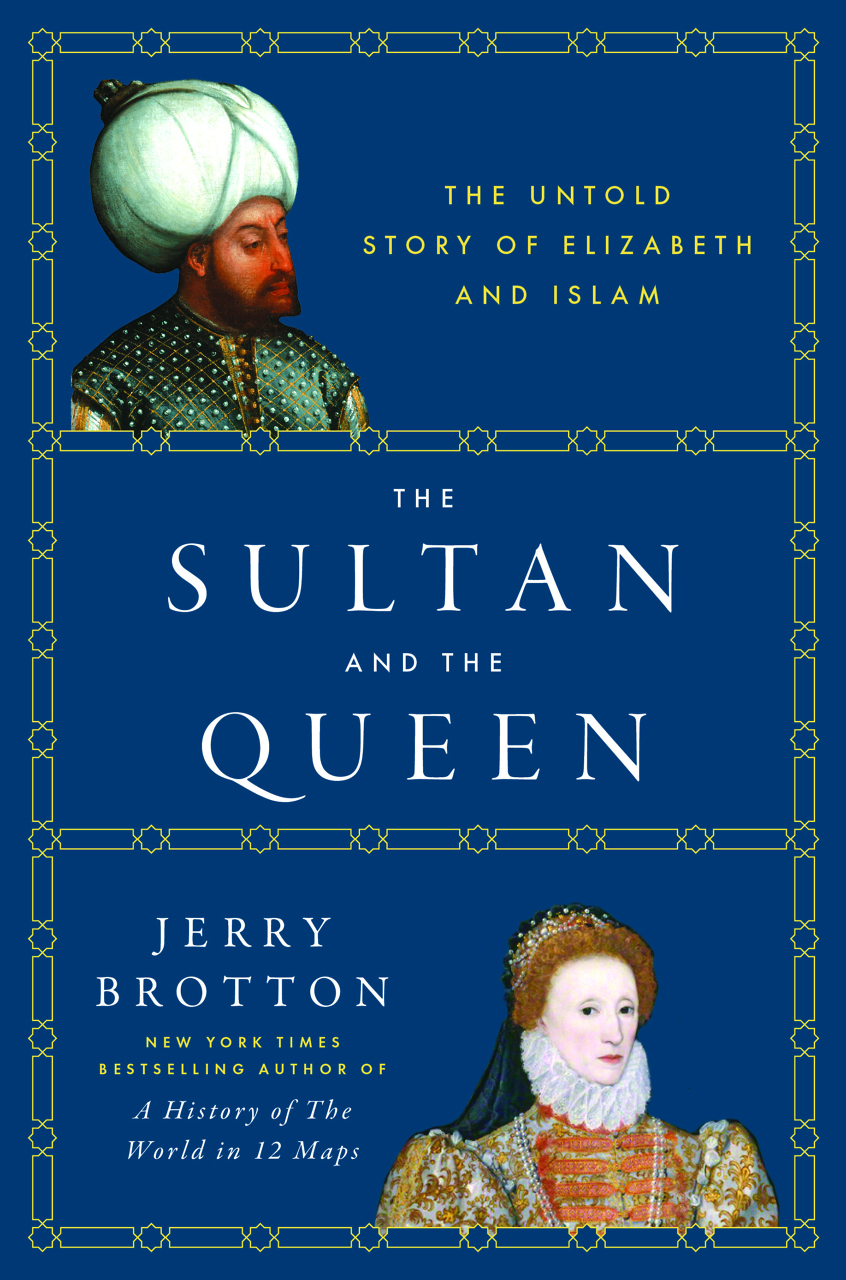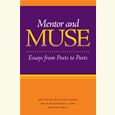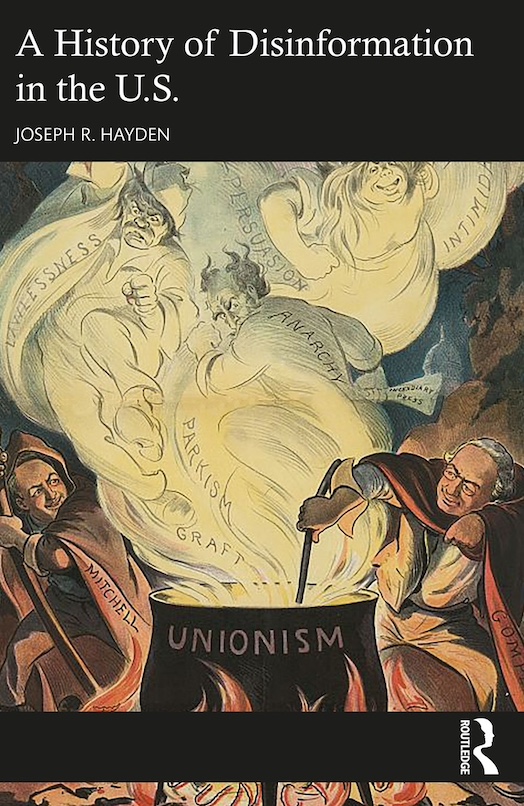A Heroine for Our Times
A determined girl saves lives in war-torn Poland
Sharon Cameron’s most recent young adult novel, The Light in Hidden Places, is based on the real experiences and actions of teenage Stefania Podgórska. When Catholic Stefania left her home in rural Poland to work for Jewish grocers in the city of Praemyśl, she had no idea that she would come to be looked upon as a member of the family and would fall in love with the oldest son. And she never would have dreamed that she would be called upon to save the lives of some of the family members — and friends of theirs, as well — while under the watchful eye of the Nazi occupiers of her country.
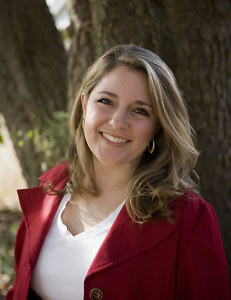 Stefania, with her sister Helena, hid 13 Jews in an attic during the Holocaust. They lived on what Stefania could sell on the black market and her meager salary as a factory worker, always fearful that the neighbors would wonder why so much food had to be brought into their small apartment, or that the nurses who shared their cramped quarters might become skeptical that the occasional small noises overheard were due to rats, or that someone would be stricken with illness and infect them all.
Stefania, with her sister Helena, hid 13 Jews in an attic during the Holocaust. They lived on what Stefania could sell on the black market and her meager salary as a factory worker, always fearful that the neighbors would wonder why so much food had to be brought into their small apartment, or that the nurses who shared their cramped quarters might become skeptical that the occasional small noises overheard were due to rats, or that someone would be stricken with illness and infect them all.
Meticulously researched and true to both the historical record and the memories of those who lived through it, The Light in Hidden Places is both gripping and inspiring. Cameron doesn’t spare readers the horrors of war and human cruelty, yet the message that a fighter with courage, heart, and intelligence can not only survive but make a positive impact on her world is one that seems sorely needed today.
Cameron answered questions from Chapter 16 by email.
Chapter 16: I started reading The Light in Hidden Places when restrictions due to COVID-19 were just starting. I read about a teenage girl struggling to feed 15 people on her wages as a factory worker; at the same time, I was reading on social media about people lamenting the lack of toilet paper. I read about Stefania losing her family and friends while I was reading about the difficulties of social distancing. One of the great difficulties for people in desperate circumstances is the feeling of helplessness, of not being able to do anything to help. Stefania is one of the rare people who found a way.
Cameron: Bringing the story of the Podgórska sisters to a wider world had been the dream of decades, and with sales in 15 countries and halfway through a book tour, “sheltering in place” this spring was definitely not in my thoughts or plans! But it wasn’t for the real people in my novel, either. They sheltered in place with no food, no facilities, and in circumstances when even the smallest sound could mean death. They were sweltering, freezing, and starving. Given that context, a lost book tour is nothing, and instead, I’m counting every single one of my blessings. It’s amazing to me that, as long as I have admired and been inspired by the Podgórska sisters, they are still finding fresh ways to show me strength.
Chapter 16: How did you learn about Stefania and Helena Podgórska, and what about their story made you want to write about them?
Cameron: I discovered Stefania Podgórska quite by accident, in the early 1990s, long before I had ever written my first creative word. I turned on PBS in the middle of the day, and there she was, doing an oral interview for Holocaust Remembrance Week. I dropped everything and sat, riveted, listening as she described what it felt like to be a teenage girl, alone, destitute, in charge of a 6-year-old sister in a German-occupied city. To be the sole protector of 13 hidden Jewish men, women, and children when the Nazis have decided to move right in. Stefania and Helena Podgórska became my heroes that day, and I never forgot their story. Not for 23 years. But it wasn’t until I found Stefania’s son, Ed Burzminski, and learned the true depths of the story behind the story, that I knew this was not just a book I wanted to write. It was a book I needed to write. I think it was a story that had to be written.
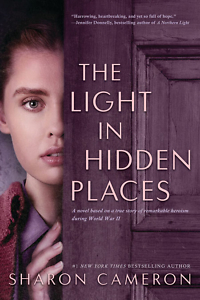 Chapter 16: It can be both an advantage and a disadvantage to write about someone living, as Stefania was when you started your research, and as some of the other major characters still are. Were you worried about what they would think about your book?
Chapter 16: It can be both an advantage and a disadvantage to write about someone living, as Stefania was when you started your research, and as some of the other major characters still are. Were you worried about what they would think about your book?
Cameron: The second most frightening thing I have ever done in my writing life was to send this manuscript to Ed Burzminski. Ed was so open and generous with his mother’s story. It was a gift, and an incredible trust. But without a doubt, the first most frightening thing I have ever had to do was send this manuscript to Helena Podgórska. It was very, very important to me for the family to feel that Stefania and Helena were being honored by the book, and I was so pleased (and relieved!) when they agreed. It’s a wonderful thing to have Ed and Helena speaking publicly and actively supporting the book, especially when it is full of such sensitive — and often painful — subject matter for them.
Chapter 16: This is your sixth young adult novel but your first straight historical fiction, without any elements of the fantastic. What challenges did you face with this change of genre?
Cameron: The challenges were less than I would have thought. Historical fiction feels like a very natural realm for me!
Chapter 16: That shows! And of course, some of your other books weave a kind of alternative history into them as well.
Cameron: I base all my work on history, even the fantasy, because for me that grounding in reality is what makes the fantasy feel real and possible. I’ve done about the same level of research for all my books, no matter what their genre. But for The Light in Hidden Places, probably my greatest challenge (and ambition) was to let Stefania tell this story with as little of my own voice as possible. It’s an impossible thing to “get right” from the viewpoint of a character’s children or for a person who was actually there. But I think it’s important, especially in a story as close to reality as this one is, to let the reader hear Stefania, not me. I wrote it, but she lived it, and it’s the living, not the words, that the reader needs to feel.
Chapter 16: There was an impressive amount of detail about daily life in 1940’s Poland in your account. How did you do your research?
Cameron: My research began with Stefania’s son, Ed. Not only did he share reams of videotape and photos, but he let me read his mother’s unpublished memoir, something I hadn’t even known existed. It became the backbone of the novel, and put with the hours of oral history interviews with Stefania, Max Diamant, and other survivors of the attic, I had an amazingly detailed record of thoughts and actions to overlay onto the broader history of occupied Przemyśl.
Then Ed and I went to Poland. We stood in the attic of Tatarska Street, visited the death camps, went to the archives and walked the length and breadth of the former ghetto. We even found the curve in the tracks where Max jumped from a moving train. We interviewed Dziusia, one of the children hidden in the attic, and of course, Helena. It was a life-changing trip, and I came home steeped in Stefania’s life. I started writing on the plane, and four weeks later, I had The Light in Hidden Places.
Chapter 16: Can you share an incident you had to leave out?
Cameron: Yes! Stefania describes in her memoir when her older brother showed up at the door of Tatarska Street and announced he was going to live with them. With no idea, of course, that there were 13 Jews in the attic. Stefania probed, asked questions, and determined that the brother could not be trusted with their secret. So Max took advantage of this brother’s rather superstitious nature and made noises happen in the middle of the night. Tickled his face with feathers and blew on him. The brother ran from the house convinced he was being haunted. It was such a Scooby-Doo moment, and hilariously funny to me, but didn’t actually suit the tone and narrative structure I was building or my page count. So with regret, I had to leave it out.
Chapter 16: I feel I got to know Max so well that I can absolutely picture him doing that! Thank you for sharing such a wonderful story with your readers.
Cameron: Thank you for reading! The courage of the Podgórska sisters was life-changing for 13 people but has also been life-changing for me.

Tracy Barrett is a writer who lives in Nashville. Her most recent book, Freefall Summer, was published in 2018 by CharlesbridgeTeen.

